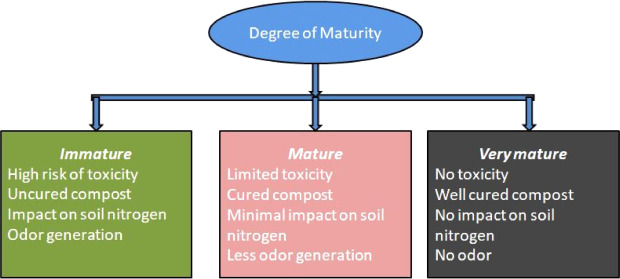Kunal Singha, Subhankar Maity, Pintu Pandit, Md. Ibrahim H. Mondal, Chapter 1 - Introduction to protective textiles, Editor(s): Md. Ibrahim H. Mondal, In The Textile Institute Book Series, Protective Textiles from Natural Resources, Woodhead Publishing, 2022, Pages 3-38, ISBN 9780323904773, https://doi.org/10.1016/B978-0-323-90477-3.00023-7.
Mohamed Dardir, Umberto Berardi, Chapter 13 - Air quality and heat-related health impacts of increasing urban greenery cover, Editor(s): Ansar Khan, Hashem Akbari, Francesco Fiorito, Sk Mithun, Dev Niyogi, Global Urban Heat Island Mitigation, Elsevier, 2022, Pages 269-300, ISBN 9780323855396, https://doi.org/10.1016/B978-0-323-85539-6.00008-1.
Sabiha Sultana, A.N.V. Satyanarayana, Chapter 4 - Urban heat island: land cover changes, management, and mitigation strategies, Editor(s): Ansar Khan, Hashem Akbari, Francesco Fiorito, Sk Mithun, Dev Niyogi, Global Urban Heat Island Mitigation, Elsevier, 2022, Pages 71-93, ISBN 9780323855396, https://doi.org/10.1016/B978-0-323-85539-6.00009-3.

